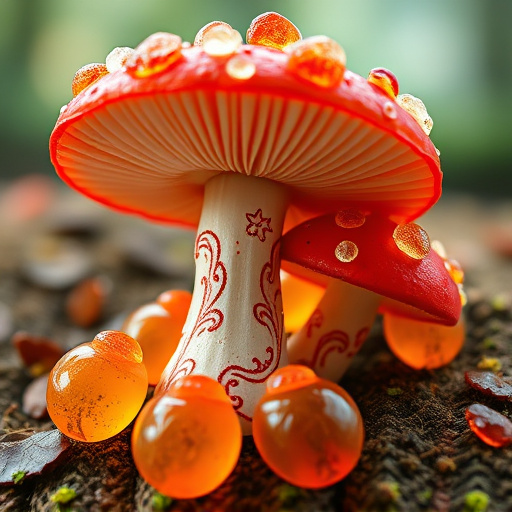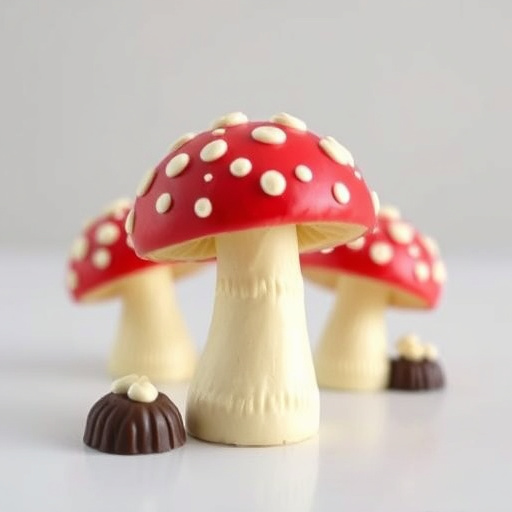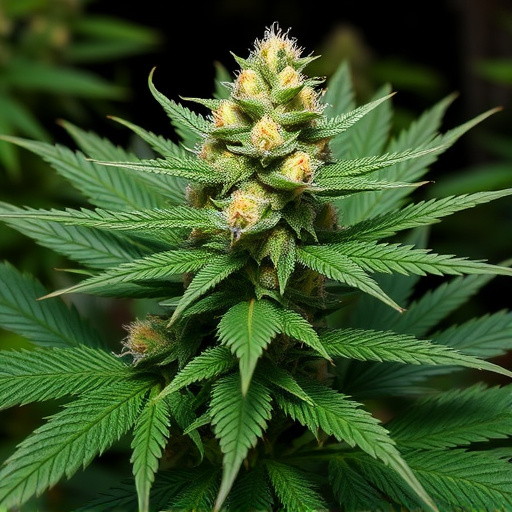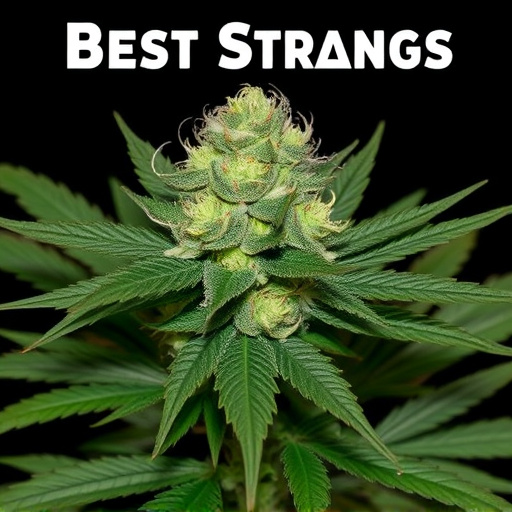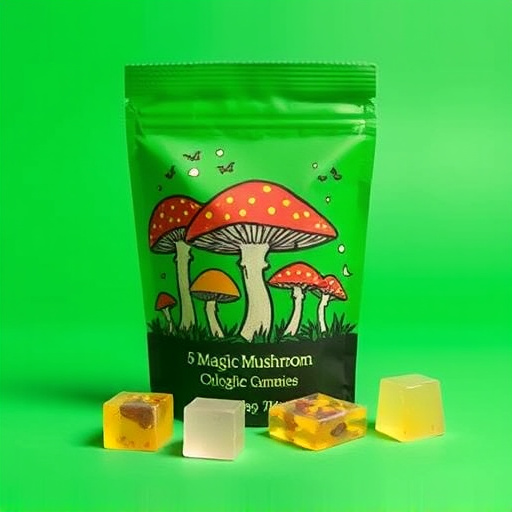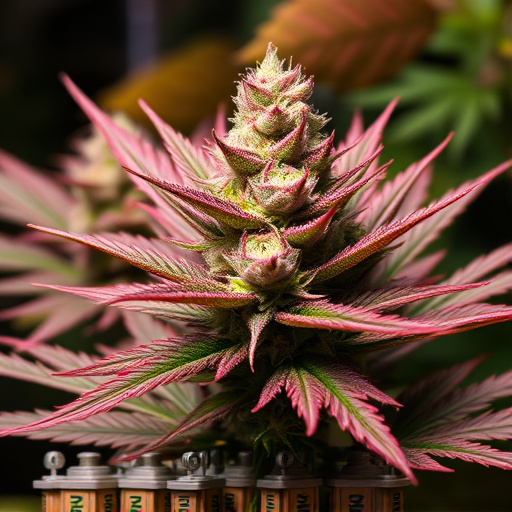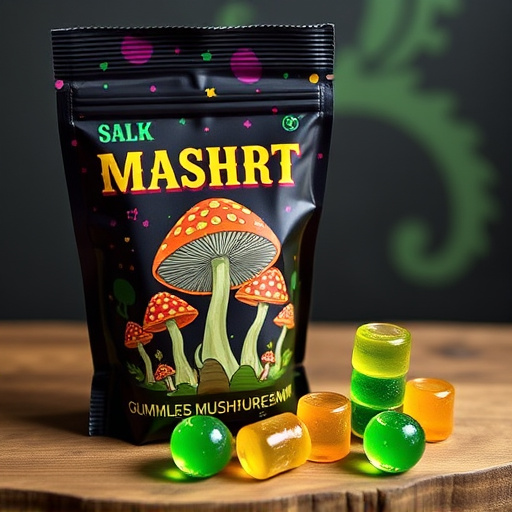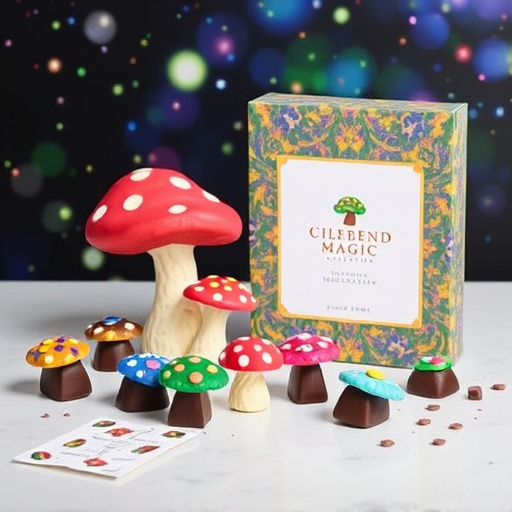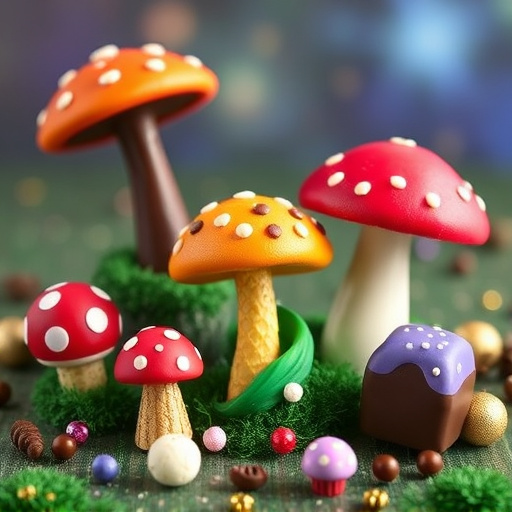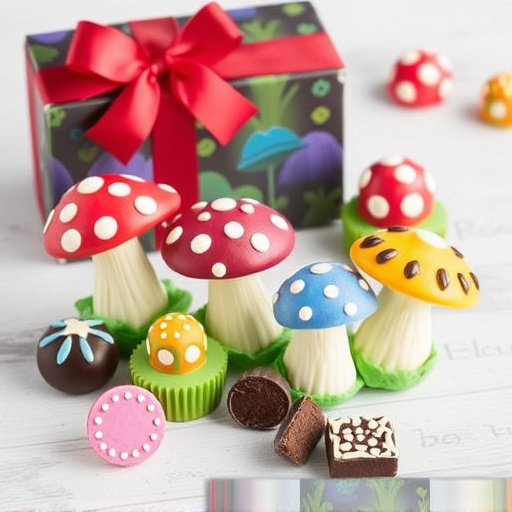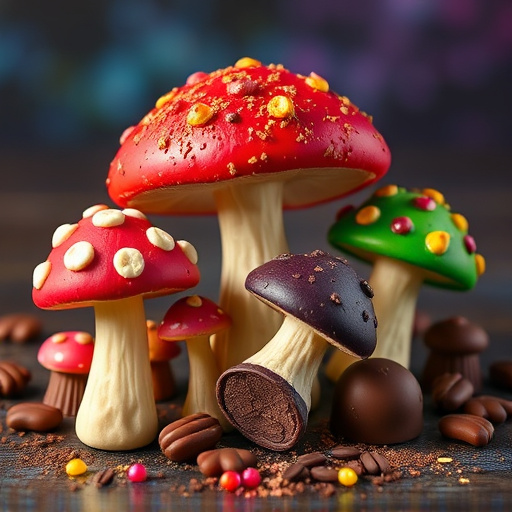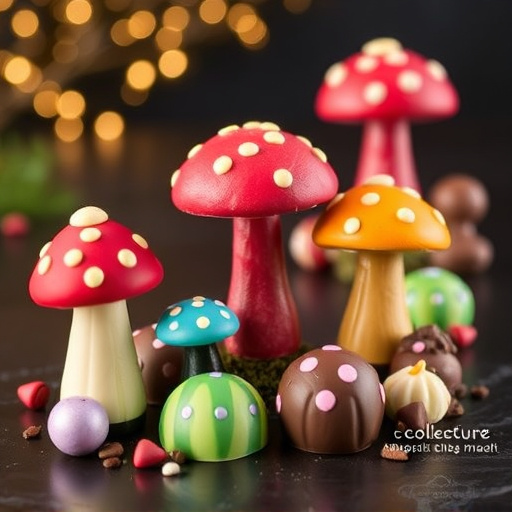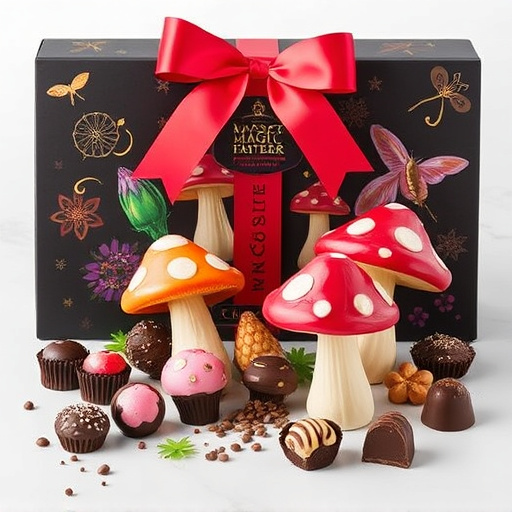The market for "Magic Mushroom Chocolates" has experienced a surge in popularity, driven by global demand within the legal cannabis industry. These gourmet chocolates, infused with microdosages of psilocybin, face regulatory challenges due to varying international legal statuses. While some countries have legalized them for medical or recreational use, others maintain strict prohibitions, reflecting diverse cultural attitudes and legal frameworks. As consumer interest grows and research explores therapeutic applications, the future availability and popularity of magic mushroom chocolates may align more closely with regions open to novel food experiences and psychedelic-assisted therapies.
“Unveiling the Rising Trend of Magic Mushroom Chocolates: A Market Overview and Customer Guarantee Analysis. In recent years, magic mushroom chocolates have garnered significant attention, with a global surge in demand driving market expansion. This article delves into the captivating world of these exotic treats, exploring regional trends and consumer preferences shaping the industry.
However, navigating the legal labyrinth surrounding the legal status of magic mushroom chocolates is crucial for both consumers and businesses alike. We present a comprehensive analysis of country-wise regulations, highlighting regulatory challenges and recent developments. Furthermore, we emphasize the importance of customer guarantee programs in ensuring safety, satisfaction, and ethical production practices within this burgeoning industry.”
- The Rising Trend of Magic Mushroom Chocolates: A Market Overview
- – Exploring the demand and popularity surge
- – Regional trends and consumer preferences
The Rising Trend of Magic Mushroom Chocolates: A Market Overview

In recent years, the market for magic mushroom chocolates has experienced a significant surge in popularity, reflecting a broader trend within the legal cannabis industry. This emerging niche caters to consumers seeking novel culinary experiences enhanced by psilocybin mushrooms’ psychoactive compounds. The global appetite for these unique treats has led to innovative product developments, including gourmet chocolates infused with microdosages of psilocybin.
The legal status of magic mushroom chocolates varies across regions, reflecting the differing stances on psychedelic substances globally. Some countries and states have legalized psilocybin mushrooms for medicinal or recreational use, paving the way for regulated markets that include edible products like chocolate. However, in other areas, these treats remain largely unregulated or outright illegal, posing challenges for manufacturers and consumers alike. This disparity underscores the complex relationship between consumer demand, evolving legal landscapes, and the burgeoning market for magic mushroom chocolates.
– Exploring the demand and popularity surge
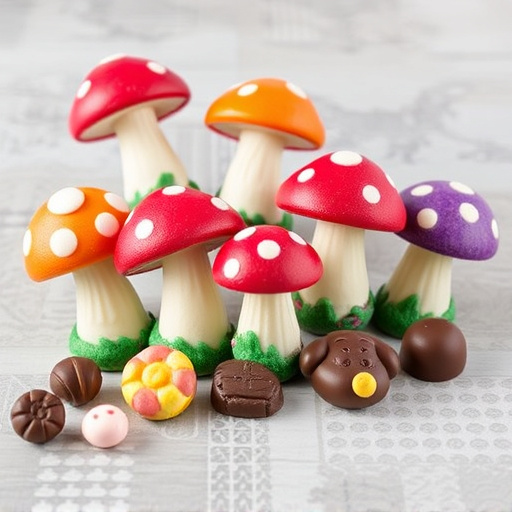
In recent years, there has been a notable surge in demand for Magic Mushroom chocolates, driven by changing consumer preferences and a growing interest in psilocybin-containing products. This trend reflects a broader shift towards alternative therapeutic options and the exploration of mind-altering substances in a regulated manner. The Legal Status of Magic Mushroom Chocolates varies across regions; some countries have legalized them for medical or recreational use, while others maintain strict prohibitions.
This demand is not just a fleeting fad but a reflection of evolving societal attitudes towards mental health and wellness. As such, many businesses are capitalizing on this trend by offering innovative products, including chocolates infused with psilocybin. However, it’s crucial for consumers to ensure that these products adhere to local regulations and come with guarantees that assure safety and quality, especially given the sensitive nature of the ingredients involved.
– Regional trends and consumer preferences

In recent years, the legal status of magic mushroom chocolates has evolved across regions, reflecting diverse consumer preferences and cultural trends. While some areas have embraced psilocybin-infused confections as a novel culinary experience or for their potential therapeutic benefits, others remain cautious due to strict regulations surrounding psychedelic substances. This dichotomy is driven by varying social attitudes and legal frameworks, with certain jurisdictions allowing limited access under medical supervision, while others strictly prohibit the production, sale, and consumption of magic mushroom chocolates.
Regional trends play a significant role in shaping consumer preferences for these unique treats. In areas where cannabis legalization has paved the way for more experimental edible options, there’s growing interest in magic mushroom chocolates. Conversely, conservative regions tend to have stricter regulations, limiting exposure and public discourse around this alternative food product. As attitudes shift and research continues to explore the therapeutic applications of psilocybin, the future availability and popularity of magic mushroom chocolates may become more aligned with regional openness to novel food experiences and psychedelic-assisted therapy.
As the demand for magic mushroom chocolates continues to rise, it’s clear that this unique product is here to stay. With varying regional preferences and a growing customer base, the market is evolving rapidly. However, navigating the legal status of magic mushroom chocolates remains crucial, as regulations differ worldwide. Ensuring compliance and providing a guaranteed customer experience are essential steps for businesses in this emerging industry. By understanding consumer trends and adhering to legal guidelines, manufacturers can offer innovative, high-quality products that meet the expectations of their diverse clientele.
